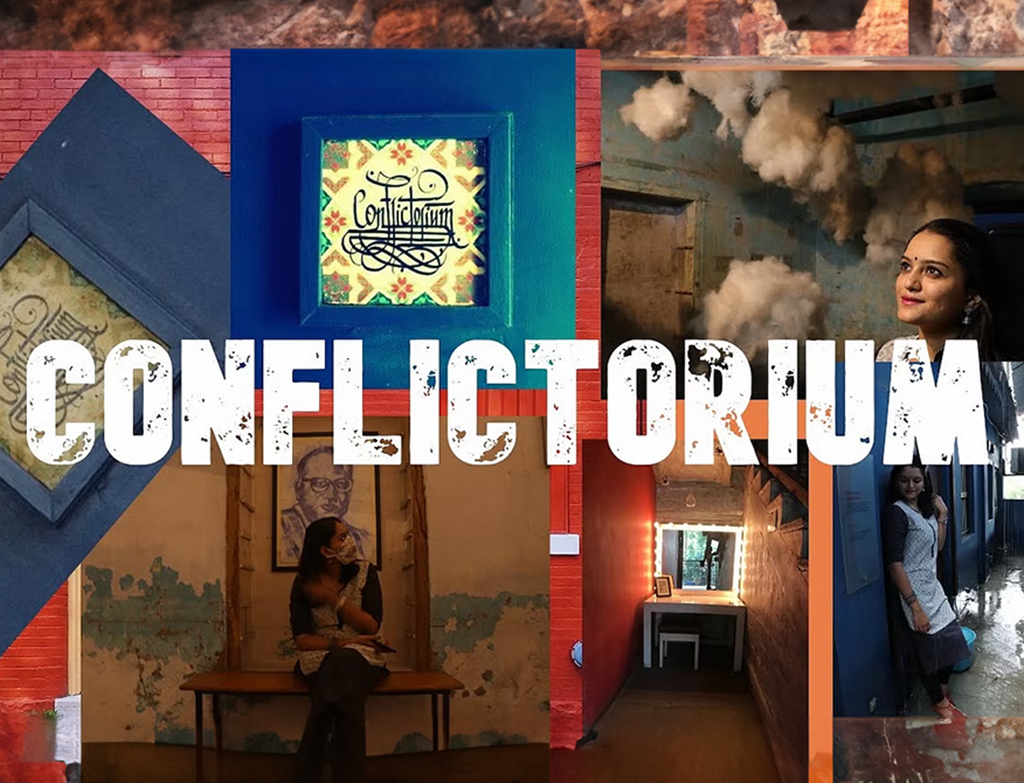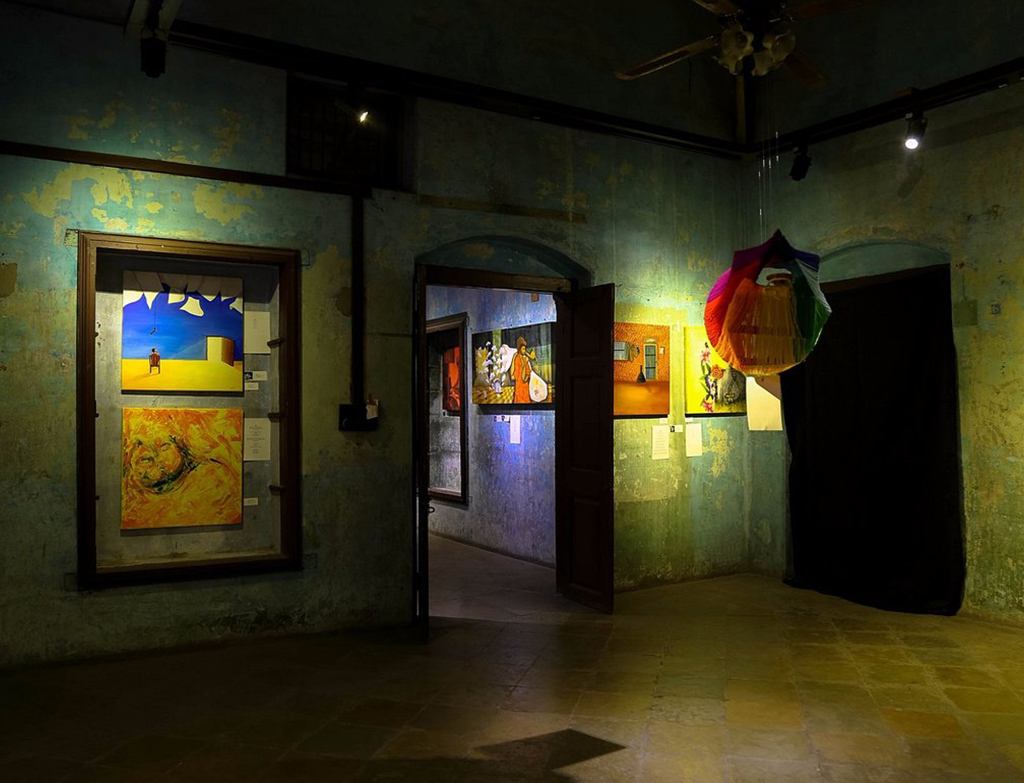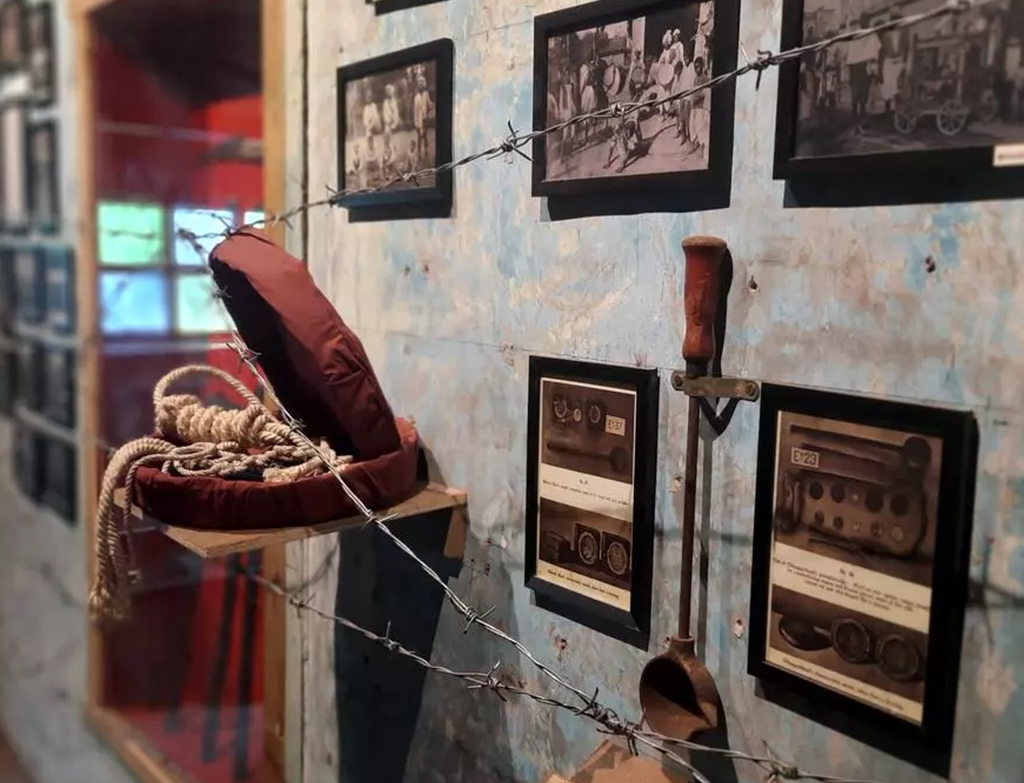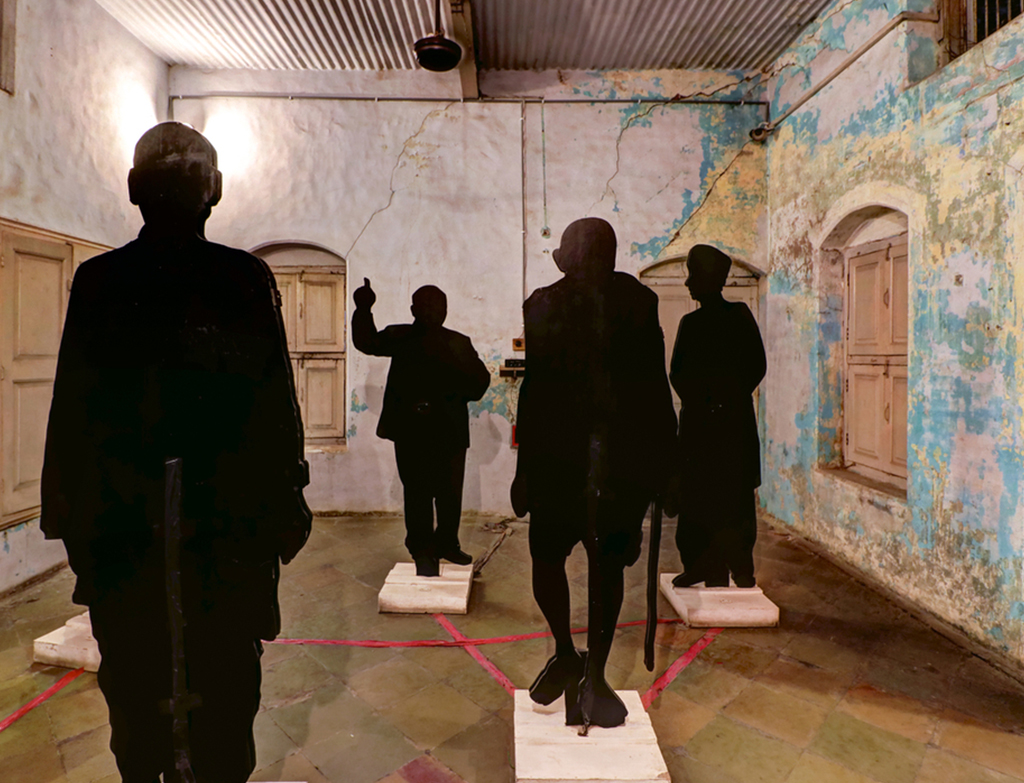
Conflict is an integral part of human existence, and its impact often shapes the course of societies and nations. In a diverse country like India, where cultural, religious and social differences coexist, conflicts are bound to arise. However, rather than perpetuating animosity and division, the Conflictorium– a museum in Ahmedabad, Gujarat, aims to promote dialogue, empathy and reconciliation. As a unique museum dedicated to conflict, it offers a path towards understanding and resolving conflicts in society.
Located in the Old City area of Ahmedabad, Conflictorium stands as a testimony to the city’s tumultuous past and its struggle for peace. The museum is housed in a century-old house that once witnessed the horrors of communal violence during the 2002 Gujarat riots. Today, this building has been transformed into a safe space for dialogue, showcasing the shared histories of conflicting communities and encouraging visitors to question the narratives they have been exposed to.

One of the key aspects of Conflictorium’s approach is engaging visitors on an emotional level. Rather than simply presenting facts and figures, the museum utilizes art, storytelling and interactive exhibits to evoke empathy, compassion and introspection. Through its various galleries, Conflictorium delves into a multitude of conflicts, ranging from the 1947 Partition to more recent instances of communal violence. By humanizing the victims and giving voice to their experiences, the museum serves as a reminder of the consequences of conflicts and the urgent need for resolution.
One notable exhibit at Conflictorium is the “Remembrance Room,” which displays personal belongings, photographs and stories of individuals affected by conflicts. By showcasing the ordinary lives of those involved, the museum highlights the universality of their experiences. This has a profound impact on visitors, as it challenges preconceived notions and fosters a deeper understanding of the human cost of division.
The Conflictorium’s commitment to fostering dialogue is evident in its “Dialogue Space.” This section of the museum invites visitors to engage in constructive conversations and participate in workshops that encourage open-mindedness and listening skills. By facilitating conversations between people from different walks of life, Conflictorium creates a safe space for challenging perspectives and finding common ground. These interactions aim to break down prejudices and build bridges, ultimately paving the way for conflict resolution.

https://frontline.thehindu.com
Conflictorium also ardently participates in various programs focused on resolving conflicts in society. It also joins initiatives with regional universities, NGOs and social organizations to enhance education and community-building projects that encourage societal peace and harmony. By helping people with the skills to transform conflicts, the museum plays a vital role in creating social change right from its roots.
This revolutionary museum of India also recognizes the importance of addressing historical conflicts and their lasting impact on society. Through exhibitions and public events, the museum encourages critical examination of history, acknowledging the consequences of past conflicts that continue to reverberate in the present. By understanding historical contexts, communities can work towards healing and reconciliation, ensuring a more inclusive and peaceful future.

In a world rife with divisiveness and conflicts, Conflictorium serves as a beacon of hope, offering a path towards understanding and resolution. By using art, storytelling, and dialogue, the museum provides visitors with an immersive and transformative experience that challenges their perceptions and fosters empathy. Through its community-driven approach, Conflictorium actively contributes to the building of a more inclusive and harmonious society.
In the heart of Ahmedabad, Conflictorium stands as a testament to the power of reconciliation, reminding us all that conflicts can be transformed into opportunities for growth and understanding. As it continues to preserve memories, facilitate dialogue, and drive meaningful change, this unique museum will undoubtedly play a pivotal role in shaping a more peaceful and cohesive society in India and beyond.

 Add to favorites
Add to favorites
